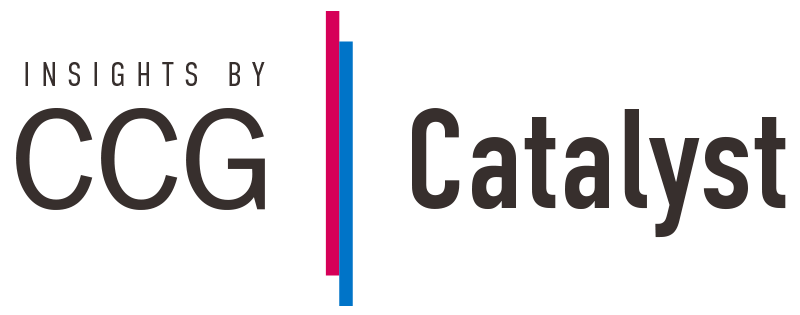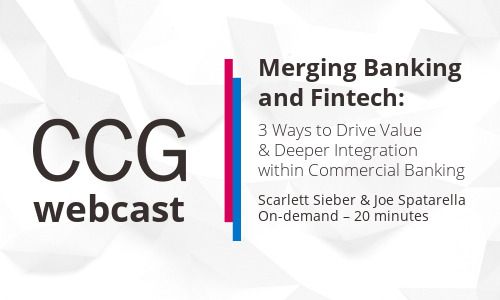Alternative Lenders See Danger and Opportunity as Economic Warning Signs Appear
!– wp:image {“id”:8838} –>
When your business is refinancing credit card debt with new fixed-interest loans, a looming recession signals opportunity, as consumers flee variable-rate loans for structured payments. But behind that lies danger – those same borrowers may default as pressures mount in other areas of their financial lives. A recession is coming, the economy being cyclical, and most of the new breed of lenders has not yet faced that kind of challenge before, while banks are painfully familiar with economic swings large and small.
U.S. consumers are carrying more debt than ever before, with more than $4 trillion in credit cards, student loans, personal loans, and auto loans, according to the Federal Reserve. So far signs don’t indicate they are struggling with their obligations, but with higher rates and a recession on the horizon, that could change quickly.
The advantages to consumers of alternative loans are well known – faster decisioning and funding, and transparent rates, but this comes along with higher interest rates. Payday loans are similar if more extreme, but consumers are generally happy even with payday lenders, which were in the crosshairs of regulators under President Obama.
Alternative lenders such as Prosper, Funding Circle and Lending Club were seen in the recent past as an existential threat to banks, taking on their core competency with new technology. But banks are frequent investors in alternative loans (40% in the case of Lending Club), which are primarily used to pay back debt held at banks, so however much the economics have shifted, banks are still getting their piece of it.
The use of “alternative data,” meaning utility bills and other indicators of creditworthiness not accounted for in traditional FICO scores, has led some to praise alternative lenders as widening the pool of potential borrowers, and increasing loans in areas banks have shied away from, namely unsecured personal loans to consumers and small businesses.
But FICO remains the primary tool of market leaders Lending Club and Prosper, who both work in consumer lending. Both have indicated they are tightening their belts, cutting staff and becoming more selective about borrowers, and the average borrower FICO is on the rise. Alternative lenders are broadening their product offers bit by bit, into auto lending, for example, but by and large remain tightly focused.
Banks can work productively with alternative lenders in several ways – investing in loans, partnering to pass along turndowns, or building in some of the alternative lenders’ technology into banks’ own platforms. As pressures mount on borrowers, alternative lenders will see more demand for their loan consolidation services, and will price their loans accordingly. Banks need not fear losing out to nonbank lenders in head-to-head competition. Banks can offer better rates if they choose, and if not, they can work with these lenders who, far from wanting to beat banks at their own game, are now firmly enmeshed in the overall lending ecosystem.
Alternative lenders will be the first to suffer if there is an economic downturn. “A rising rate environment is never a tailwind,” SoFI CEO Anthony Noto (formerly COO of Twitter) said at Money20/20.
Subscribe to CCG Insights.








